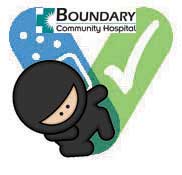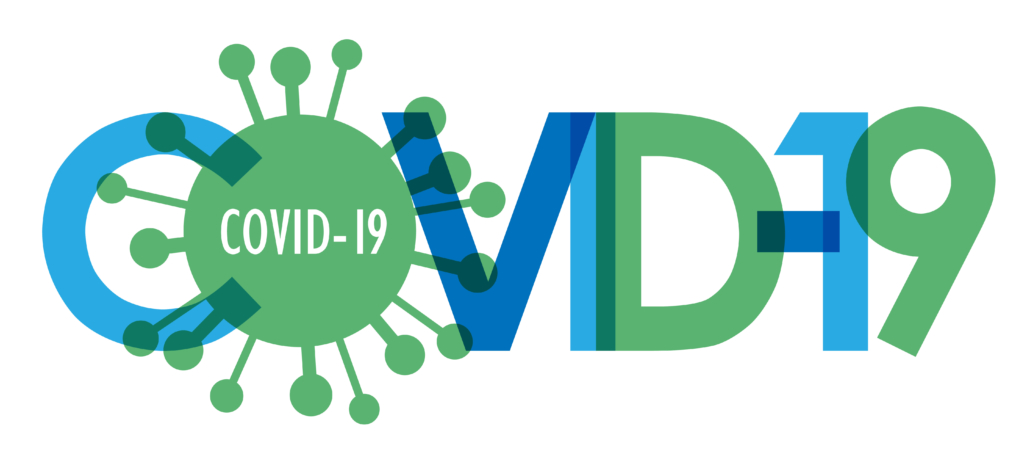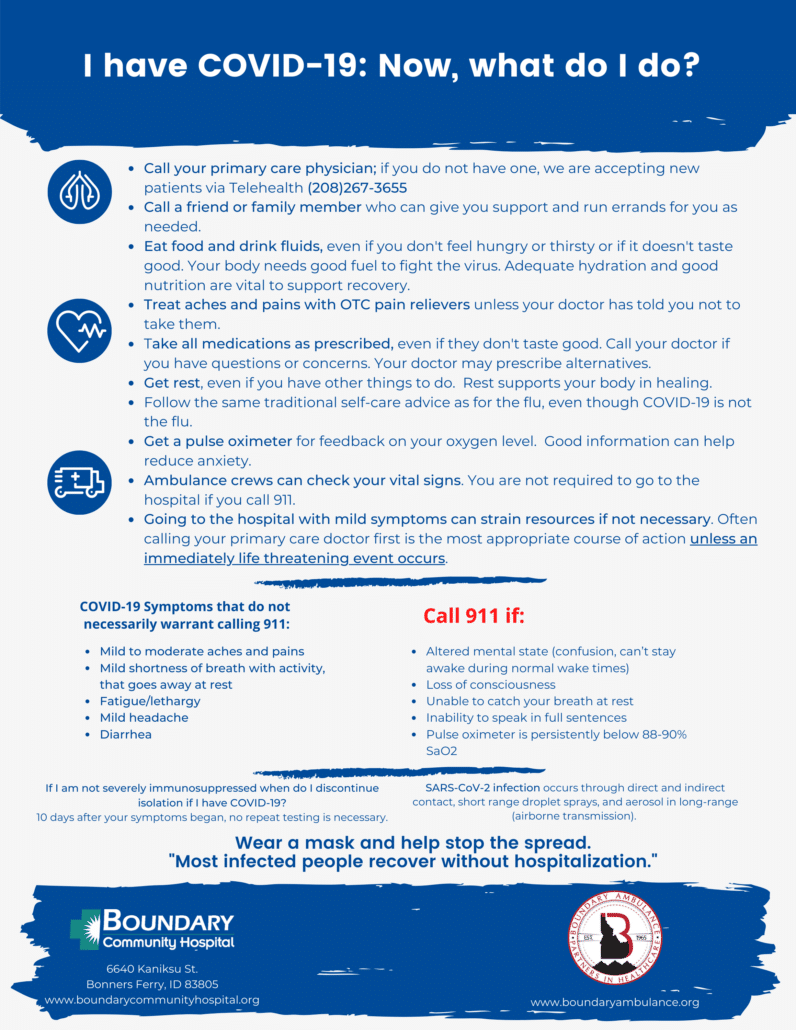COVID-19 Vaccine
 Boundary Community Hospital is no longer offering vaccine clinics for new patients.
Boundary Community Hospital is no longer offering vaccine clinics for new patients.
Best source of information and distribution for the State of Idaho: Health and Welfare Idaho COVID-19 Vaccination
Boundary Community Hospital COVID-19 Testing
Refer to your primary care physician for all testing needs.
Using everyday preventive actions are the best way to stay ahead of the COVID-19 Pandemic.
Information from Centers for Disease Control and Prevention (CDC) and World Health Organization (WHO) is constantly being updated and there have been some vital changes to the healthcare requirements in the past few weeks but the most important instructions have remained the same.
- Wash your hands frequently
- Avoid touching your face, mouth, and nose;
- Stay home if you are ill
- Cover your cough/sneeze (Respiratory Hygiene and Cough Etiquette)
Boundary Community Hospital is ready. Boundary Community Hospital, Extended Care Facility (Nursing Home), and Boundary Community Clinics’ priority is the safety of our patients, their families, our staff and our community. While the COVID-19 Pandemic is very alarming, we have been practicing for Epidemics and Pandemics for years. We are well prepared for this one. These are some steps we have been taking to ensure the safety to all.
- Minimize the chance for Exposure to other patients and staff
- Strict adherence to Standard Precautions
- Manage Visitor access and movement within the facilities (Acute, ED, Outpatient, Clinic, and ECF)
- Ensure our personnel are trained and willing to care for a COVID-19 patient
- Protocols in place for monitoring and managing ill or exposed personnel
- Environmental Infection Prevention and Control measures are in place
- Network with Panhandle Health Department, Idaho Department of Health and Welfare, Northwest Hospital Alliance, Boundary County Emergency Management Public Information Officer (PIO) and Boundary County School District
The Northwest Hospital Alliance includes: Boundary Community Hospital in Bonners Ferry, Benewah Community Hospital in St Maries, Bonner General Health in Sandpoint, Kootenai Health in Coeur D’Alene, Shoshone Medical Center in Kellogg, Syringa Hospital and Clinics in Grangeville, Clearwater Valley Hospital in Orofino, and St. Mary’s Hospital in Cottonwood.
Preventing COVID-19 spread in the community:
These are the everyday preventative actions you can take to avoid getting COVID-19 and from spreading the infection throughout the community.
- Wash your hands often with soap and water for at least 20 seconds. If soap and water are not available, use an alcohol-based hand rub.
- Avoid touching your eyes, nose and mouth.
- Call in sick if you have a fever and/or signs of cold or flu.
- Try to avoid close contact with sick people.
- If you or your child gets sick with flu-like illness, stay home for at least 24 hours after the fever is gone except to get medical care or for other necessities. The fever should be gone without the use of a fever-reducing medicine.
- While sick, limit contact with others as much as possible to keep from infecting them.
- Cover your nose and mouth with a tissue when you cough or sneeze. After using a tissue, throw it in the trash and wash your hands.
- Clean and disinfect surfaces and objects that may be contaminated with germs that can cause respiratory illnesses like flu.
- If an outbreak of flu or another illness occurs, follow public health advice. This may include information about how to increase distance between people and other measures.
- Wear a cloth face covering or mask to protect those around you.
BCH Articles about COVID-19
FAQ about COVID-19 and BCH – December 16, 2020
Hospital COVID-19 Update to the Community – July 29, 2020
COVID-19 Lab Testing in Boundary County by Dr. Greg Botkin July 2, 2020
Additional Resources:
- Panhandle Health Department Call Center: 877-415-5225 Monday through Friday from 8:00 a.m. to 5:00 p.m.
- CDC: cdc.gov/ncov
- CDC COVID-19 Self Checker: https://www.cdc.gov/coronavirus/2019-ncov/symptoms-testing/testing.html
- PHD: http://panhandlehealthdistrict.org/
- Idaho information: https://coronavirus.idaho.gov/
- WHO: https://www.who.int/emergencies/diseases/novel-coronavirus-2019
- University of Washington TASP Program Coronavirus Disease


